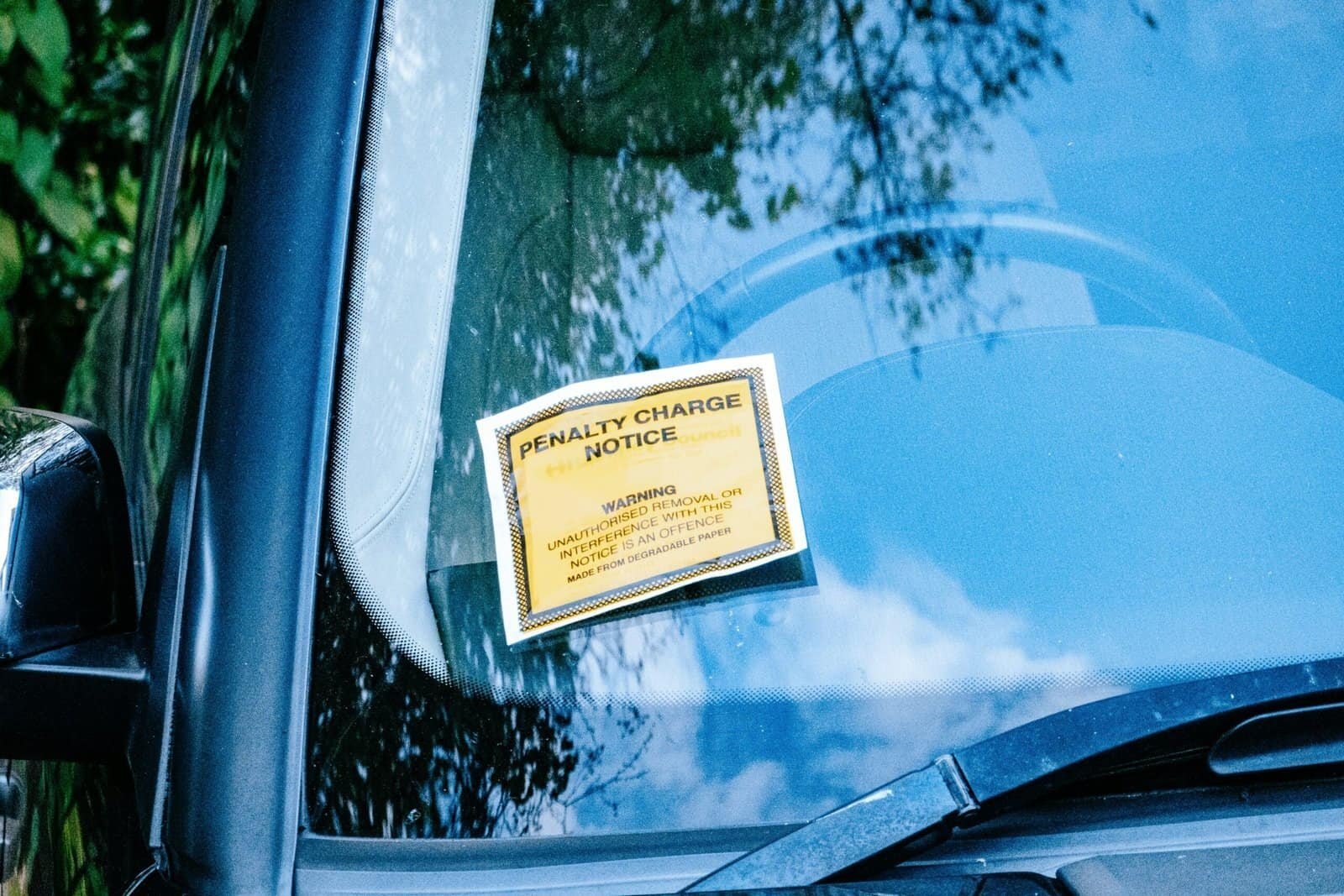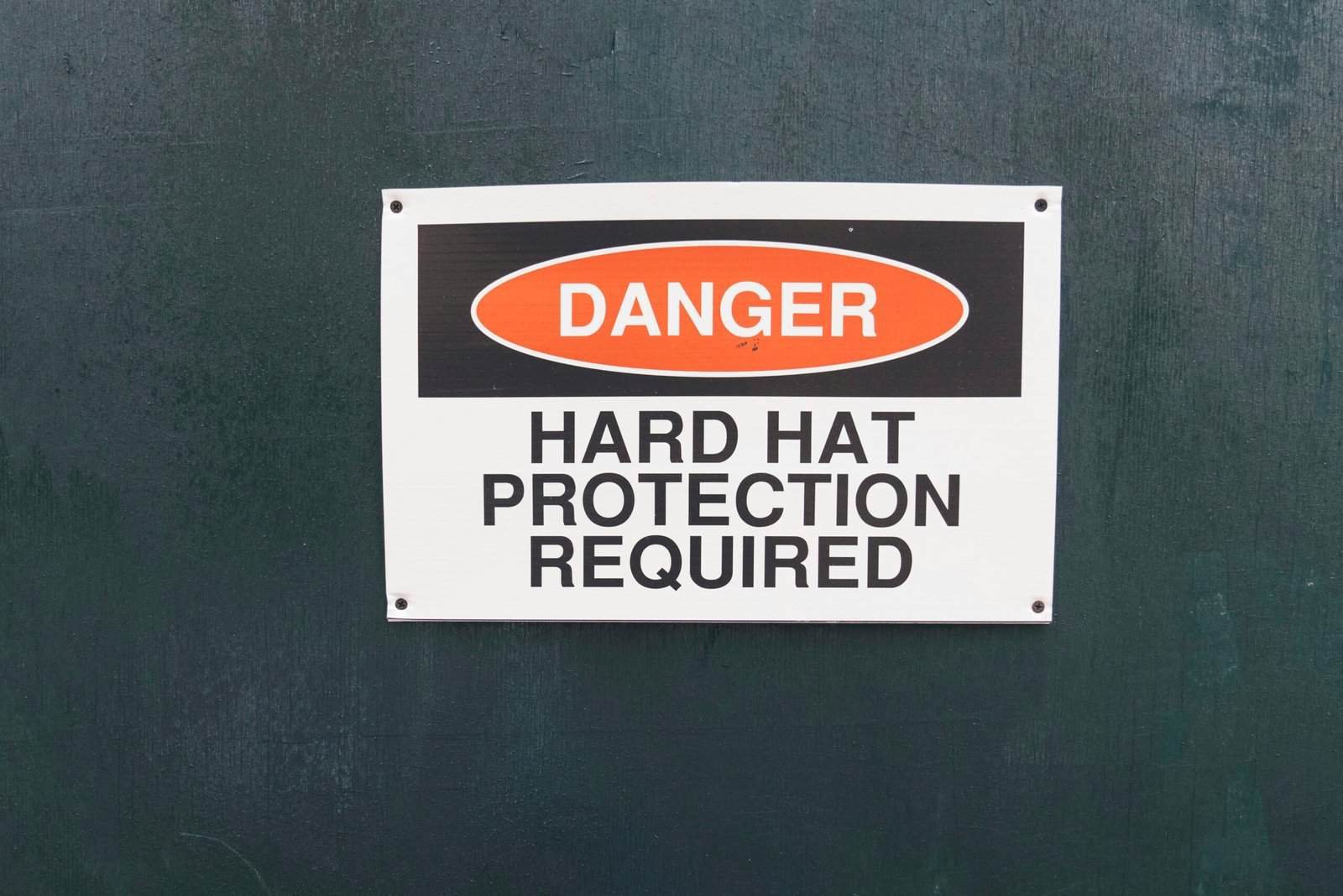Have you ever wondered how well inspectors acquire the necessary skills and credentials to ensure they can perform their jobs effectively and safely? Becoming a well inspector isn’t just about having a good eye for detail or a love for the outdoors—it’s a profession that requires specific knowledge, skills, and certifications. But who exactly offers these certifications, and what do they entail? Let’s delve into the world of well inspection and the organizations that certifiy these professionals.

Understanding the Role of a Well Inspector
Before delving into certification specifics, it’s important to comprehend what a well inspector does. Essentially, well inspectors are tasked with examining various types of wells to ensure they’re constructed properly, are functioning safely, and that they comply with applicable regulations. These professionals play a crucial role in maintaining the integrity of wells, which is essential for safe water supply and environmental protection.
Responsibilities of a Well Inspector
Well inspectors perform a variety of tasks, including assessing well design, examining construction materials, checking for compliance with state and local regulations, testing water quality, and conducting routine maintenance inspections. Their job often involves both field work and office duties, requiring a balance of physical and analytical skills.
Importance of Certification
The sensitive nature of the job necessitates certification, ensuring well inspectors are knowledgeable, competent, and up-to-date with the latest standards and regulations. Certification provides a standardized benchmark of skills and knowledge that organizations can rely on when hiring professionals.
Organizations Providing Well Inspection Certifications
A range of organizations offer certifications for well inspectors, each with its unique focus and set of requirements. Below we examine these organizations and the credentials they provide to help you understand where well inspectors obtain their qualifications.
National Ground Water Association (NGWA)
One of the prominent entities in the field, the National Ground Water Association (NGWA), is dedicated to advancing the knowledge of professionals working in groundwater-related fields. The NGWA offers several certifications relevant to well inspectors, focusing on ensuring safe and sustainable groundwater usage.
Certifications Offered by NGWA
Certified Well Driller (CWD): This certification covers key areas like drilling procedures, well construction, health and safety practices, and environmental regulations.
Certified Pump Installer (CPI): This certification focuses on the proper installation and maintenance of well pumps, ensuring that inspectors know how to manage these systems efficiently.
Both certifications require candidates to pass rigorous examinations that test their technical knowledge and ability to apply it in real-world scenarios.
International Ground Source Heat Pump Association (IGSHPA)
The International Ground Source Heat Pump Association specializes in education and promotion of ground source heat pump technology. While not exclusively for well inspectors, its certification programs provide valuable skills for those involved in inspecting geothermal wells.
IGSHPA Certifications for Well Inspectors
Accredited Installer Certification: This certification provides training on the installation of ground source heat pump systems, which is essential for well inspectors dealing with geothermal technology.
Certified GeoExchange Designer (CGD): This is a more advanced certification, focusing on the design aspects of geothermal systems, which can be a crucial part of comprehensive well inspections.
American Water Works Association (AWWA)
The American Water Works Association is a key player in water management and provides certifications that emphasize water supply safety and efficiency. Their programs often include elements pertinent to well inspection.
AWWA Certifications
Water Distribution Operator Certification: This certification is vital for those working with the distribution networks that wells feed into, ensuring safe water delivery systems.
Backflow Prevention Assembly Tester Certification: Ensures inspectors can verify that systems prevent pollutants from reversing into pure water supplies, a critical skill for maintaining water quality.
State-Specific Certification Programs
In addition to national organizations, many states in the U.S. require well inspectors to obtain specific state-level certifications. These programs are tailored to the unique geographical and environmental conditions within each state.
Examples of State Certifications
California Water Well Standards Certification: Managed by the California Department of Water Resources.
Texas Commission on Environmental Quality (TCEQ) Licensing: This certification is necessary for well operators and inspectors in Texas, emphasizing local environmental concerns and regulations.
Importance of Choosing the Right Certification
Selecting the right certification depends largely on the geographic location and specific job requirements. Inspectors working in areas with high geothermal activity, for instance, might benefit more from IGSHPA certifications, whereas those involved in conventional water wells might prefer NGWA programs.
Continuous Education and Recertification
Certifications aren’t just one-time achievements. Most organizations require periodic renewal, involving continuing education to ensure that well inspectors stay current with technological advancements and regulatory changes.
Benefits of Recertification
Keeps Skills Updated: Recertification helps inspectors continually improve their expertise and adapt to new challenges in the field.
Enhances Career Opportunities: Ongoing certification showcases commitment to the profession and can open up new job prospects or lead to promotions.

Conclusion
The journey to becoming a certified well inspector requires dedication and a willingness to continuously learn. With multiple pathways and certifications available, it is crucial to choose those that best fit the job requirements and personal career goals. National organizations like the NGWA and IGSHPA offer well-rounded programs, while state-specific certifications provide localized expertise. Ultimately, the right certification not only enhances an inspector’s skills but also builds trust with employers and the communities they serve. So, as you consider the path to becoming a well inspector, understanding these organizations and their credentials is your first step towards a successful career in this essential field.

